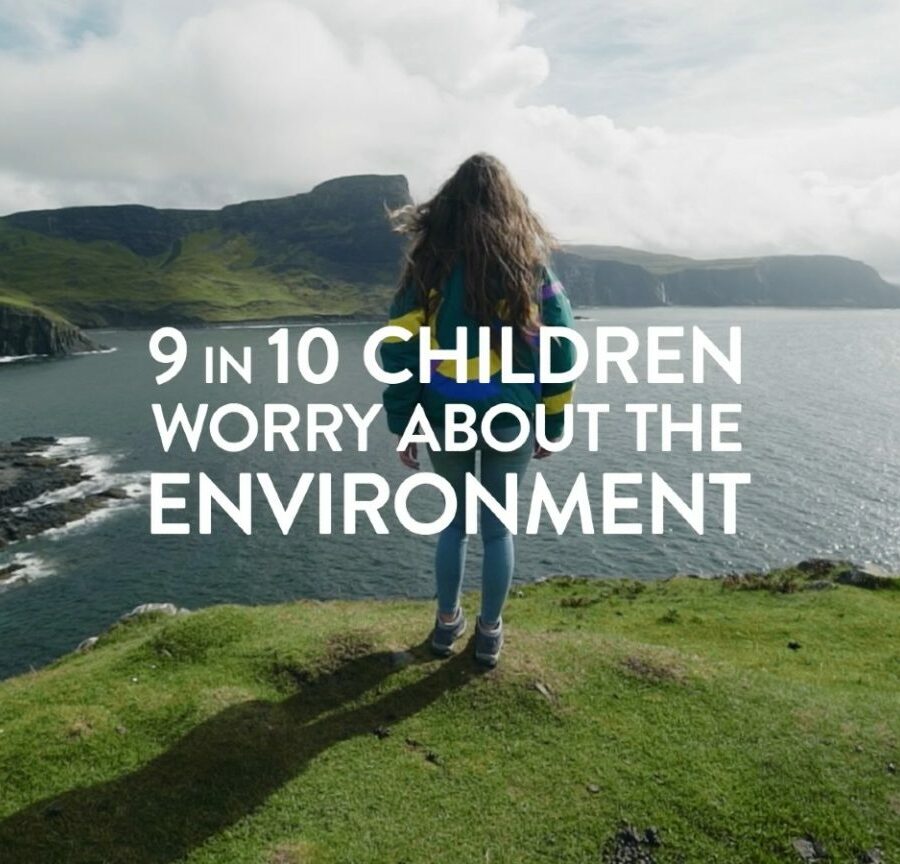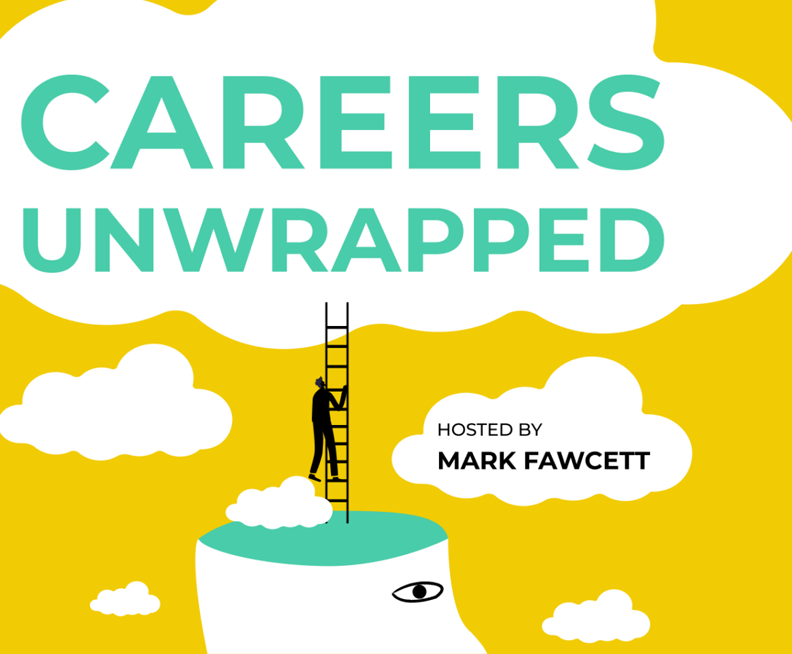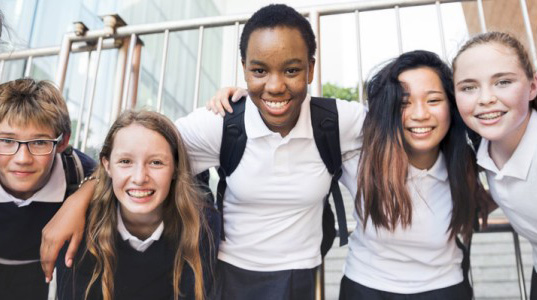The future of your business depends on how well you understand young people.

Post-Pandemic Purpose
11 August 2021
To Bridge The Gap For Young People
By Mark Fawcett, CEO We are Futures
With the returns to normality and once more freedom becoming part of everyday life, government and businesses are further stepping up their thinking and work for dealing with the impacts of the pandemic and associated lockdowns. We know that Covid19 will be with us for a long time yet, and so will the harm it has done.
Young people in particular will be suffering the effects of the last 18 months for many years to come, and nobody fully understands what those will be. But three areas are clear:
- Wellbeing – the last year and a half have seen an increase in mental health referrals for children, a reduction in physical activity and team sports and time away from friends during these most important developmental years.
Mental health services for children and young people were struggling before the COVID-19 pandemic, but data suggest they are now reaching crisis point.
NHS figures, analysed by the Royal College of Psychiatrists and published in April 2021, show that 80,226 more children and young people were referred to mental health services between April 2020 and December 2020, up by 28% on 2019[1].
In addition, the analysis revealed that the number of children and young people needing urgent or emergency crisis care — including assessments to see if someone needs to be sectioned because they or others are at risk of harm — had increased by 18% compared with 2019.
- Education – three lockdowns severely restricted the quantity and quality of learning that students have received whilst isolating away from school. Most first year university students received no face-to-face time with their tutors.
- Opportunity – for those looking to enter the jobs market for the first time the outlook can look bleak with youth unemployment at a 5 year high.
“The young jobless have been stuck in a Covid-19 limbo-land,” according to Sher Verick, from the International Labour Organization (ILO).
“This crisis has…not only led to the closure of businesses and job losses, but the lockdown measures have also severely constrained young people’s ability to search for a job.”
In this context, business engagement with young people becomes even more critical. There are strong reasons for doing so and companies of all scales can make a positive difference. The mass consumers of tomorrow expect higher values and purpose from their brands and respond directly and positively to those who demonstrate their support in tackling these challenges. And young emerging talent is looking for employers who they can be proud to work for and who show they are making a positive difference.
Some businesses are leading the way. We are Futures recently worked with NatWest to launch CareerSense, an initiative that builds on the long-term success of their financial education programme, MoneySense. The mentoring and support services aims to help 13-24 year-olds get ready for work.
The bank’s Chief Executive, Alison Rose, said at launch “It would be shocking if we came out of this pandemic, rebuilt and recovered, and left a whole generation behind”.
Another client, Sky, has built upon its excellent work with young people in recent years. The Edit, a partnership with Adobe helps to close the digital divide by improving the digital and media literacy skills of young people across the UK & Ireland. They have joined forces with Kick it Out to challenge students to create a compelling news story celebrating heroes who fought for a more equal society. The programme aims to break down barriers that have often made the path to a media career only accessible to a fraction of young people.
Stephen van Rooyen, Sky’s Executive Vice President & Chief Executive Officer, UK & Europe, said: “The Edit helps break down barriers that can make the path to a media career only accessible to a fraction of young people. The first year was a resounding success, reaching more young people than we imagined and from communities that have been historically shut out of the media industry.
“Because every child, in every community, should have access to digital programmes. The Edit can help them find their voice and build on the essential digital skills that the future of our economies relies upon.
“It’s also a privilege to continue to support Kick it Out’s incredible work to champion inclusion and combat discrimination. At Sky, we’re committed to use our voice and content as a force for good and dedicated to build a more inclusive society for future generations.”
Samsung’s Solve for Tomorrow: Next Gen, is an initiative that calls on our next generation of innovators asking, how can we use tech to make the world a better, more sustainable place?
Running for the first time in the UK, this fun, and light touch education programme brings education, careers and technology together to help young people build their digital and marketing skills plus build their confidence and generate interest for careers in tech. Samsung believes that everyone can be a change-maker with the right opportunities. And this is an opportunity like no other, offering students a chance to design the future by exploring the role tech can play in solving some of society’s biggest issues.
Through Solve for Tomorrow: Next Gen, Samsung is empowering the next generation of innovators by inviting young people to imagine a better planet with us. In this inclusive, engaging ‘plug and play’ video lesson, young people aged 13-15 will experience the fun of the ‘design thinking’ sprint process – a tool used by tech companies, like Samsung, to take creative ideas from concept to prototype. They’ll learn about tech-for-good, careers and enjoy a fast-paced race through the sprint process.
The programme opens up to a summer competition where young people can enter their ideas for tech that makes a difference.
Commenting on the initiative, Jessie Soohyun Park, Head of Corporate Social Responsibility at Samsung Electronics UK explained, “Through our ‘Solve for Tomorrow’ programme, we set out to inspire the next generation to think outside of the box and really push the boundaries of what they thought was ‘impossible’. The calibre of entrants we have received have really risen to the challenge, with ideas that are not only exciting but also incredibly innovative. As a business, we’re dedicated to continue providing our young people with a platform to grow into the next generation of entrepreneurs. I’m excited to see what’s next for our finalists, as they go through to the next stage of our programme.”
All are examples of our clients’ businesses using their particular strengths and skills to aim to make a positive difference for young people as we emerge from the dark clouds of Covid.
Adopting this strategy is a win-win approach for brands and the young generation. It supports future customers, engages colleagues and connect with the communities in which they operate. The team at We are Futures is committed to helping brand’s purpose not only shine through but make a genuine social impact. What are you doing?
View other news & views

Scottish Water launches Generation H2O by We Are Futures
Read more
We Are Futures podcast-led initiative Careers Unwrapped helps brands develop talent in schools
Read more
It’s back to school time for brands: three lessons every client looking to engage with young people should learn.
Read more
Linkedin, Nintendo and Sky are Gen Z’s top employers
Read more
Nintendo and Spotify named as Gen Z’s favourite brands
Read more